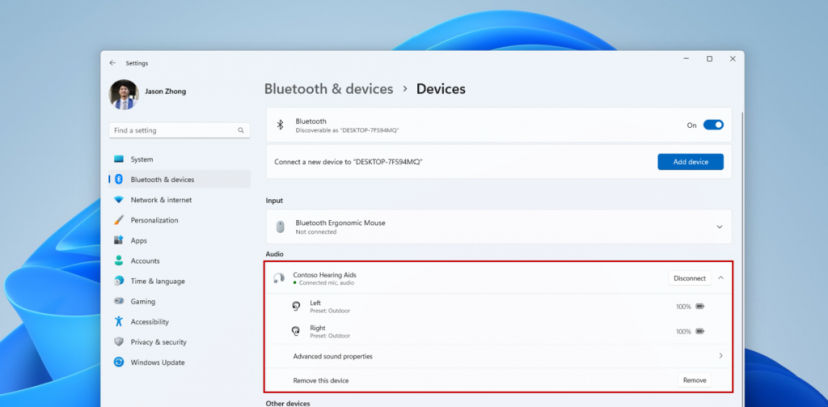Microsoft has made an exciting announcement regarding the latest annual update for Windows 11. Contrary to expectations of a Windows 12 release, the tech giant has instead unveiled Windows 11 24H2, a revamped version of its existing operating system. This new update is set to bring a host of innovative features and enhancements, with a particular focus on advancing AI capabilities within the Windows ecosystem.
The Windows 11 24H2 update is currently undergoing testing with Windows Insiders in the Dev Channel. Some of the standout features of this update include support for hearing aids, streamlined microphone testing, the introduction of Copilot, Taskbar and System Tray enhancements, as well as notable improvements in Bluetooth and graphics functionalities.
Moreover, the update is poised to seamlessly integrate with the latest chipsets from industry leaders such as AMD, Intel, and Qualcomm, aligning closely with Microsoft’s ambitious AI-driven vision.
The company has also clarified its versioning strategy, stating that this year’s annual feature update will be denoted as Windows 11 24H2. This confirms Microsoft’s commitment to an annual feature update cadence for Windows 11, with releases scheduled for the second half of each calendar year.
While the focus is currently on Windows 11, speculation abounds regarding the fate of Windows 12. While Microsoft has remained tight-lipped about its plans, industry pundits anticipate a potential delay in the release of Windows 12. However, given the significant strides in AI technology and recent advancements from chipset manufacturers, enthusiasts can expect a major Windows update possibly in 2025, promising groundbreaking AI features.
By focusing on bolstering AI capabilities and streamlining user experiences, the tech giant aims to solidify Windows 11’s position as a leading operating system in the digital landscape. While the absence of Windows 12 may disappoint some, the forthcoming Windows 11 24H2 update promises to usher in a new era of innovation and efficiency, setting the stage for a future where AI seamlessly integrates into everyday computing experiences.
Overall, this announcement signifies Microsoft’s dedication to advancing AI capabilities and enhancing user experiences within the Windows ecosystem. It also demonstrates the company’s commitment to a regular cadence of feature updates, ensuring that Windows remains at the forefront of technological innovation.
In my opinion, Microsoft’s decision to focus on enhancing AI capabilities within Windows 11 is a positive step forward. As AI technology continues to advance, integrating it seamlessly into everyday computing experiences will undoubtedly improve efficiency and user satisfaction. While the absence of a Windows 12 release may come as a disappointment to some, the promise of groundbreaking AI features in future updates is exciting and showcases Microsoft’s dedication to staying at the forefront of innovation in the digital landscape. I look forward to seeing how these advancements will further enhance the Windows ecosystem in the coming years.


